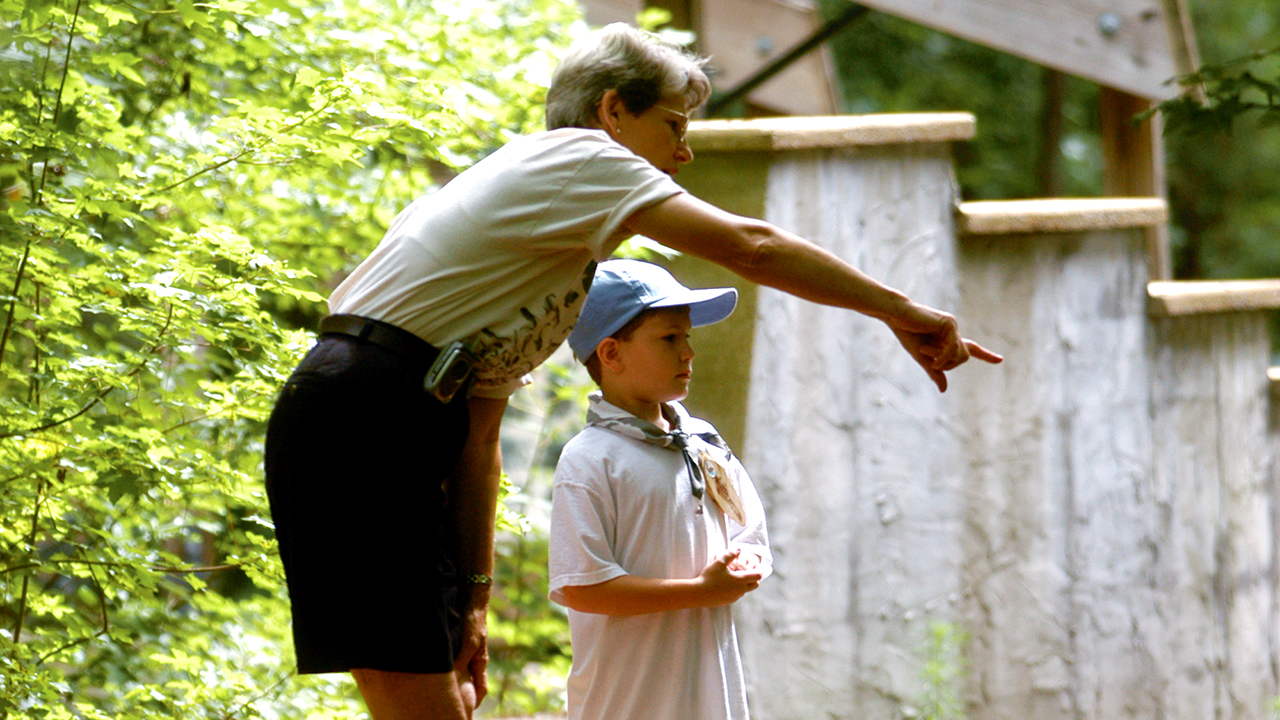Auburn Ecology Group
Welcome! Active for over 15 years, the Auburn Ecology Group is a loosely organized group of applied scientists interested in how the world works from almost every investigative perspective with research interests in ecological phenomena.
The graduate minor in Ecology will achieve at least three benefits
- Heighten our visibility as we compete for bright graduate students interested in the challenges of ecological research,
- Help us to provide a more cohesive graduate education in ecology, assuring a core of disciplinary training and expertise, and
- Highlight the additional faculty positions necessary to enhance the ecological expertise and course offerings for students at Auburn.
Requirements
- The minor is open to all students whose thesis/dissertation has an ecological component, as judged by the Ecology Minor Committee.
- Departments retain primary control over the student’s program.
- One committee member, who must be from outside of the student’s department, must be a member of the Auburn Group in Ecology.
- Each student must take Ecology, BIOL 3060, or equivalent.
- Four hours of systematics is required (chosen from list #I below).
- Four hours of taxonomy/natural history are required (chosen from the list of currently approved courses, see #II below).
- At least two graduate courses in ecology must be taken (6-8 hrs), selected from a list of approved courses (#III below). Both ecology courses, or one ecology course and the systematics course, must be taken from outside of the home department.
- Degree requirements of the home department must be satisfied.
- Graduate-level courses required for this minor may also count toward the completion of other degree requirements, subject to the approval of the student’s advisory committee.
- Completion of the ecology minor will be formally noted on the student’s transcripts.
Objectives & Outcomes
Our objective is to continue developing an interdisciplinary graduate minor in ecology at Auburn University. Ecology is the realm of biology that integrates the interactions and interdependencies between organisms and their environment. Our ability to implement wise environmental practices in the next millennium will in part depend upon the depth of our understanding of natural ecological processes. Only through this understanding can we hope to mitigate our species’ impact on Earth’s finite resources and life support systems. Universities that support strong academic programs in ecology have been, and will continue to be, active participants in understanding and solving of environmental problems on both local and global scales.
Because ecology requires an ability to synthesize material from a variety of scientific fields, such a minor cannot be effectively implemented in a single department. Students enrolling in the minor must have the flexibility to create individualized study plans tailored to the student’s particular needs while fulfilling their own department’s requirements. Such flexibility is not possible under the current guidelines for graduate research in any one department. We expect that this minor will establish a standard for an education in ecology at Auburn.


